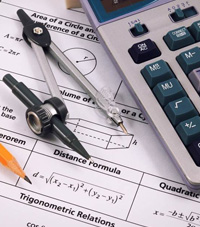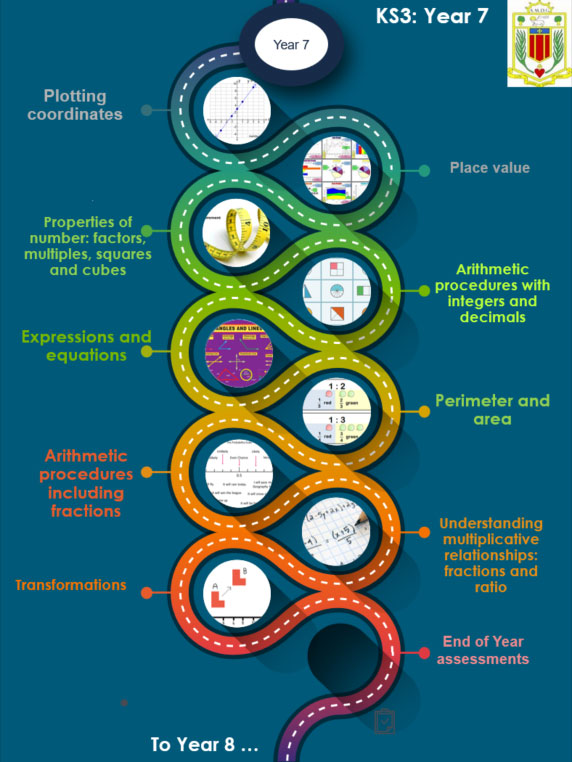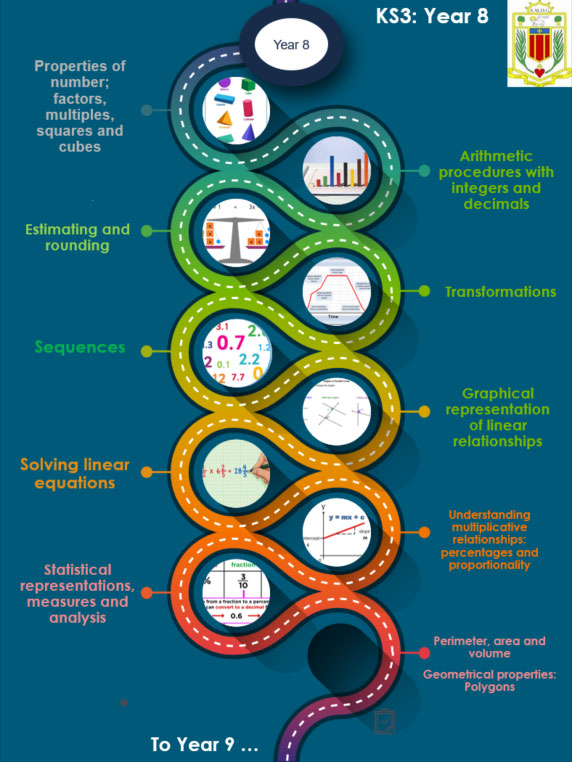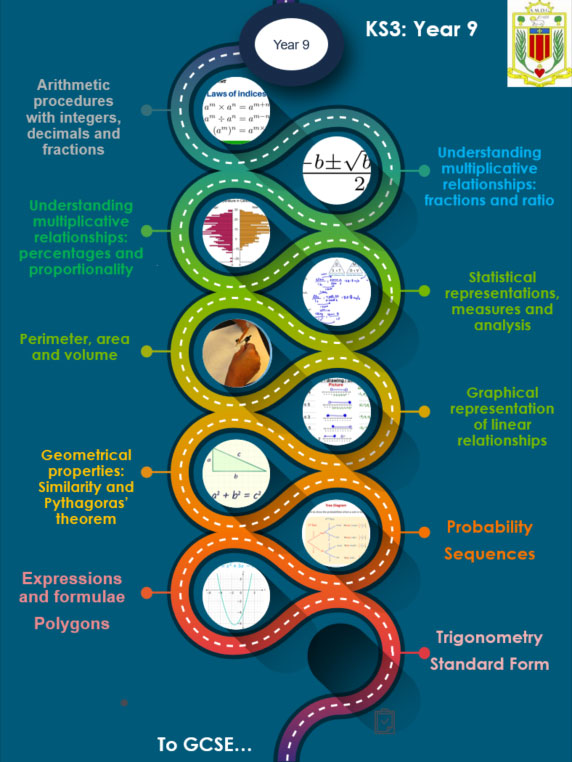Key Information
Level: A LevelExamination Board: Edexcel
Subject Leader: Mr Devine
Entry Requirements
To study A-Level mathematics you need to have achieved at least a grade 7 at GCSE level. Transition work must be completed before September to ensure all prior knowledge is covered.Why Choose this course?
By studying Maths at A-Level, you'll develop a number of skills, such as:Problem-solving
Analytical Skills
Research Skills
Logic
Maths allows you to hone your ability to solve mathematical problems as well as abstract and scientific ones too. These problem-solving skills can then be applied to many different areas of your life. You'll also learn how to analyse patterns, structures and problems, which will in turn, help you to develop a critical eye.
This will come in handy in both further study and future careers. Maths at A-Level will leave you with research skills that will allow you to find solutions to problems, investigate theories, and therefore give you the ability to find new information more effectively. Finally, your logical abilities will be developed so that you will have tools needed to tackle a number of diverse areas, from managing your finances to planning projects.
Prospects
Studying Maths, even if only to A-Level, has a number of advantages in the careers market, and gives you a number of job opportunities. You may even find that you'll use your Maths skills in totally unrelated fields. Some exciting careers that could be open to you if you study A-Level Maths include Construction/Architecture, Medicine or Scientific Research, Teaching and Tutoring, Games Development to name a few. It complements the majority of subjects and career paths and is always looked at favourably.
Course Content
Paper 1: Pure Mathematics 1
This paper assesses core pure maths content including proof, algebra, coordinate geometry, sequences and series, differentiation, integration, trigonometry, and exponentials and logarithms. It focuses on fundamental skills and techniques that underpin the rest of the course, requiring students to apply methods to both routine and problem-solving questions.
Paper 2: Pure Mathematics 2
Building on Paper 1, this exam covers further pure topics such as functions, binomial expansion, numerical methods, vectors, parametric equations, and more advanced calculus techniques. It tests both fluency and reasoning, often requiring students to link multiple areas of mathematics and apply knowledge to unfamiliar contexts.
Paper 3: Statistics and Mechanics
This applied paper is split into two sections. The statistics section includes probability, statistical distributions, hypothesis testing, and interpretation of data, with an emphasis on real-life contexts. The mechanics section focuses on modelling physical problems using mathematics, covering kinematics, forces, Newton's laws, and moments. Together, these applications test students' ability to use mathematics to describe and solve problems in the real world.
Course Opportunities/ Activities
STEM/Careers opportunities at various opportunities.
Access to further reading materials and online resources.
Department has strong links with the AMSP, updated with the latest opportunities.
Weekly problem solving sessions at the University of Liverpool.
Support and Challenge
Consistent framework for students to follow. All Maths students receive comprehensive resources, revision, further reading materials and past exam questions. Regular homework's/formative assessments are monitored and students are always offered 4 additional slots through the week for intervention. Students are challenged at the highest level. Small class sizes allow specialist support catered to each individual and students use the latest technologies available. There is an integration between technologies and classical teaching methods in lessons, online graphing software and graphical calculators are used frequently as well as the latest software to visualize model answers.
Student Comment
I love how the exercises support the questions
I can't believe how much progress I have made in such a short space of time
I never really liked drawing graphs before, now I look forward to it

 Mathematics is a core subject and you will study it throughout your five years at Broughton Hall Catholic High School. Maths is everywhere around us in the world and whether you choose to study beyond GCSE level or not, being numerate and capable of managing such things as money, time and arithmetic are essential life skills.
Mathematics is a core subject and you will study it throughout your five years at Broughton Hall Catholic High School. Maths is everywhere around us in the world and whether you choose to study beyond GCSE level or not, being numerate and capable of managing such things as money, time and arithmetic are essential life skills.



 Mathematics is a core subject and you will study it throughout your five years at Broughton Hall Catholic High School.
Mathematics is a core subject and you will study it throughout your five years at Broughton Hall Catholic High School.